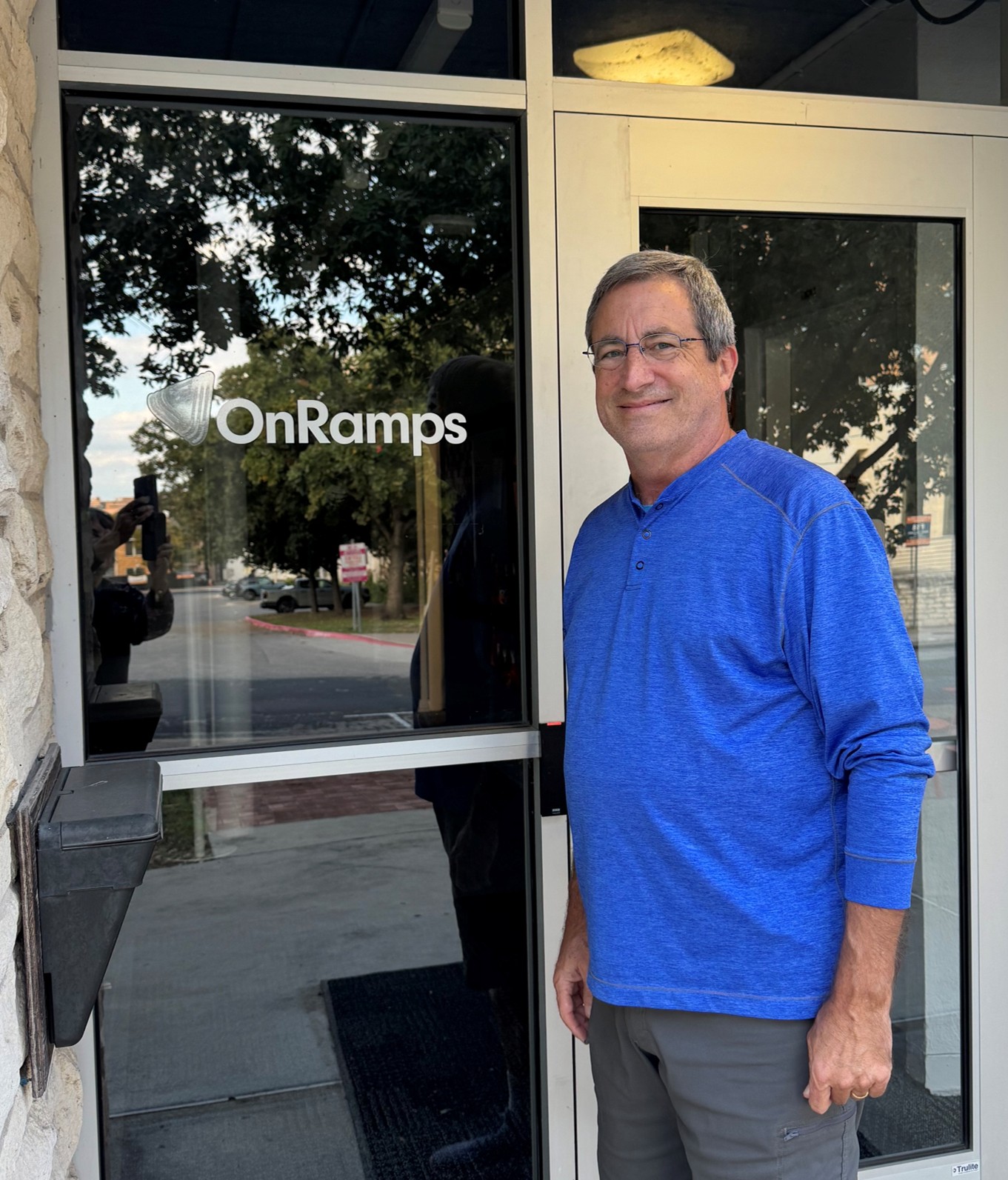
Hi, I’m Bret Hern!
This is my sandbox for all things mathematical and/or technical.
I am an implementation coordinator for College Algebra in the OnRamps program at the University of Texas. This is the third act in a 40+ year career, so there may be a few surprises in here.
Projects
Exponential & Logarithmic Function Videos
My first Precalculus class really struggled with the concepts of exponentials and logarithms as well as the problem-solving methods and tools available to them. I created this series of simple videos — let’s just say Khan Academy isn’t worrying about their market share — to help the absorb the content. Whatever they lack in production value they make up for in effectiveness; students found them to be genuinely helpful.
R Markup for Statistics Projects
The OnRamps Statistics class requires students to execute small research projects throughout the course using R to query curated datasets. Naturally, as an instructor, I had to work through these projects myself, and using R markdown to both perform the work AND create a solution document at the same time was a huge win. This link shows a rather whimsical project I did on the side to pave the way for a class project that, coincidentally enough, involved hat wearers as well.
u-Substitution Videos
Another class, another visible struggle, so I created another set of videos with even higher production values — I’m pretty sure these were done late at night while I had a cold — to break down u-substitution for my AP Calculus class.
Gamefying Conic Sections
I never once saw my students playing a video game about conic sections as I confiscated their smartphones, but after gamefying the topic, I did get them to play “What’s Missing?” and almost enjoy it. Finding ways to gamefy topics like trigonometry (another hit: The FIrst International Triogonometric Congress — motto: In Unit Circles We Trust) without compromising the content is a great way to make important concepts memorable.
My Superpowers
Mathematics (duh!)
Before coming to OnRamps, I taught calculus, precalculus, statistics, and college algebra, and my undergraduate degree is in chemical engineering. Math, math, math.
Pattern Matching
Experience can be a blessing or a burden depending on how it is used. “We tried that before and it didn’t work” can kill innovation unless it’s followed by, “let’s see if we can navigate around the potholes we might encounter.”
Getting (Stuff) Done
The first act in my career was in the tech industry — software development, consulting, and leading teams ranging in size from 5 to 500. Included in that were two stints at software start-ups and another at my own start-up consultancy, all of which achieved positive exits.
Putting the “Fun” in “Functional”
OK, so root canals aren’t a laugh riot, but I can find the joy in almost any task — and conveying that joy is a joy in and of itself.
Biography
Here is the TL;DR (too long, didn’t read) summary of my resume, linked below:
- Technology industry executive with 35 years of professional experience
- Math educator with 5 years experience in the high school classroom
- Career focus on working myself out of a job/equipping others to succeed
- Early stage roles in three startups, including the founding of a web development consultancy
- Multiple stints working overseas and serving international clients from the US